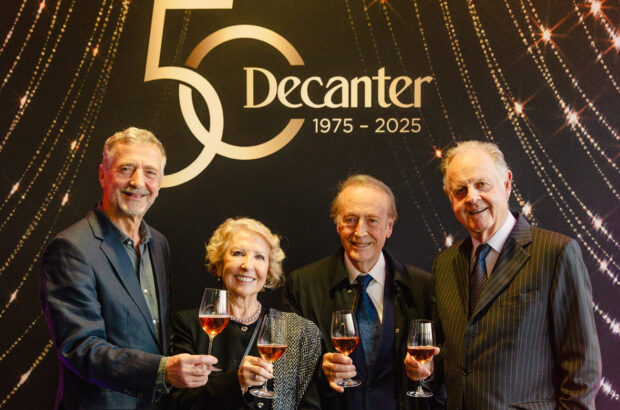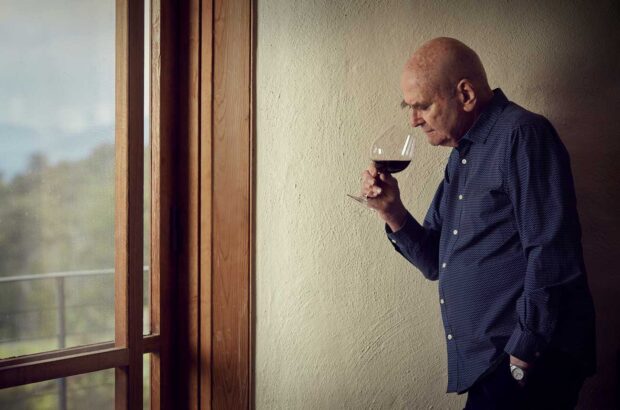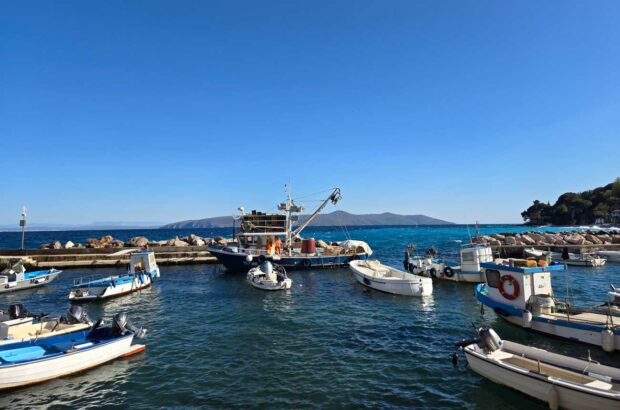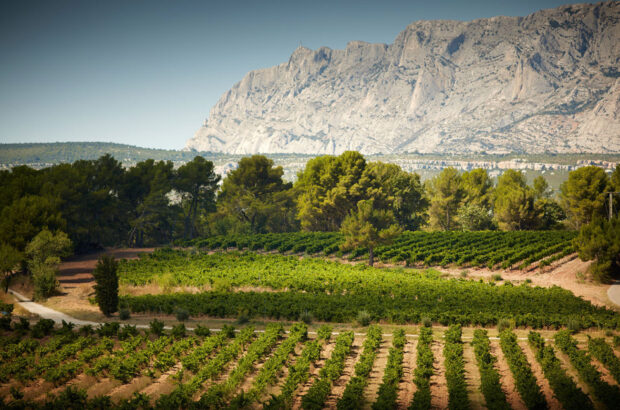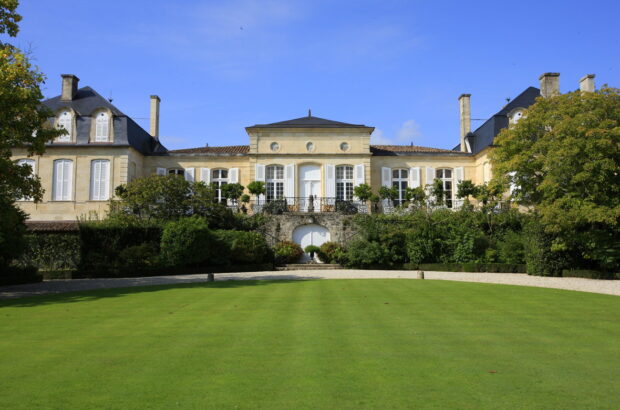Chancellor Jeremy Hunt is gearing up to deliver his Autumn Statement on 22 November, and the UK wine trade is braced for another body blow.
The government delivered the largest single alcohol tax increase in almost 50 years when it overhauled the UK’s duty system in August.
Miles Beale, CEO at the Wine & Spirit Trade Association (WSTA), warned that the reforms would cost wine drinkers £500m per year in extra duty and VAT. He called it an ‘historic blow’ that could ‘cripple’ wine businesses and further fuel the current cost of living crisis.
The chancellor is now set to follow it up with another punitive tax increase when he delivers the Autumn Statement.
A blanket alcohol duty freeze ended on 1 August, so levies will rise in line with the Retail Price Index, which is currently 8.9%.
When combined with the increases announced in August, this would result in excise duty increases of 68p on an average bottle of wine, £1.50 on a bottle of spirits and £1.67 on a bottle of Port.
The average price of a bottle of red wine has already soared to £7.72 in the UK, according to the latest figures from the Office for National Statistics (ONS).
Prices have increased following a rise in supply chain costs, such as wages, raw materials, energy and transportation. There has also been an ‘enormous increase’ in the recycling fees that glass manufacturers must pay.
‘We are calling for a freeze for the remainder of this Parliament to prevent budget busting price rises,’ said Beale.
‘Consumers are still in the grip of a cost of living crisis and cannot afford to keep stretching their budgets just to be able to enjoy some of life’s little luxuries.
‘Wine and spirit businesses need a breathing space to stay afloat in the current economic climate, which continues to combine lethargic growth with persistently high inflation.’
Spirits prices have also increased significantly in the past year. The average bottle of gin has gone up by 10.1% to £17.01, according to the ONS, while the average bottle of vodka is up 14% to £16.80.
If the planned duty rise in line with inflation goes ahead, the price of the average bottle of gin will go past £18 for the first time.
‘A further rise would make a mockery of the government’s priority is to cut inflation, as further price rises will lead to reduced sales and less revenue to the Exchequer,’ added Beale.
The WSTA claims that wine has been unfairly treated by successive Conservative chancellors since 2010.
In that time, beer duty has increased 21% and spirits duty has gone up 32%, whereas still wine duty has soared by 58%.
The Office for Budget Responsibility forecasts that alcohol duty will raise £13.1bn for the government in 2023/24, rising to £15.8bn in 2027/28.
However, Beale argued that freezing duty would be more likely to boost Treasury revenues, as it would boost demand.


